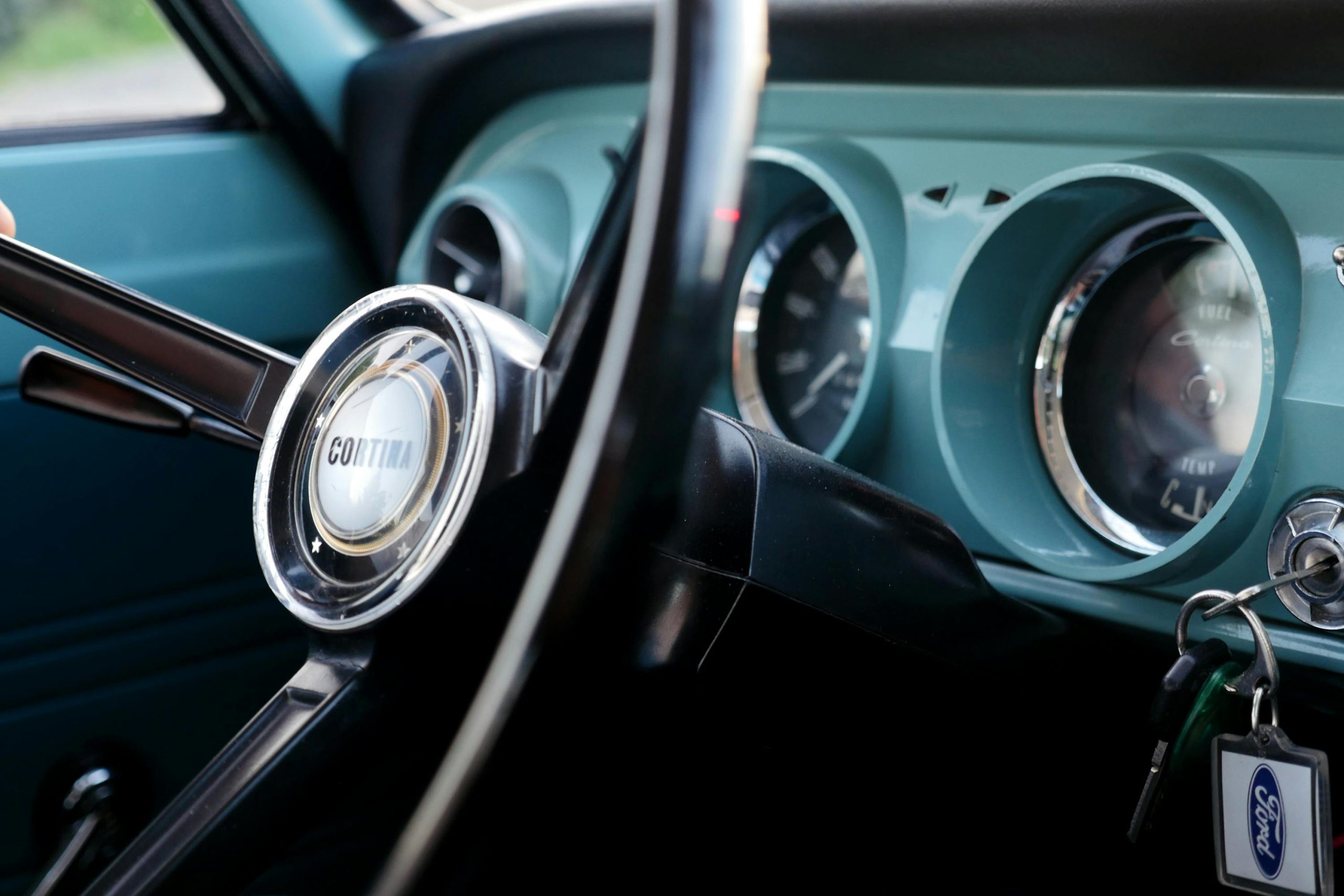Is it worth repairing my totaled car?
I have a 2016 Ford Mustang V6, and unfortunately, I was in an accident on the highway yesterday. My car hydroplaned, causing me to veer into another lane, where I was hit on the rear passenger side by a Chevy Express van.
I received a citation for “failure to maintain lane.” Although my car is driveable, it had to be towed home because the battery died—a problem I was planning to address by buying a new battery later that day.
I’ve contacted my insurance company, and they’re set to pick up my car for assessment at a staging center. The agent mentioned that the pictures I submitted suggest it might be a total loss, but we won’t know for certain until the adjusters take a look.
I’m starting to come to terms with the idea that it may be considered a total loss. I checked the KBB value and found that my car could be worth between $8,000 and $10,500. On the bright side, I’ve already paid off the car completely.




It sounds like you’re in a challenging situation following the accident. Here are a few points to consider regarding whether it makes sense to repair your totaled car:
Insurance Assessment: Wait for the insurance adjuster’s assessment to get a clear picture. If they determine that the repairs exceed the car’s value, they’ll likely declare it a total loss.
Cost of Repairs: If it is technically repairable and you want to pursue that route, ask the repair shop for an estimate on how much it will cost to make the car roadworthy again. Sometimes, minor damages can lead to high repair costs.
Value of the Car: If your 2016 Ford Mustang is valued at $8k-$10.5k, compare the repair costs to this amount. If repairs are close to or exceed this value, it typically makes more sense to accept the insurance payout rather than proceed with repairs.
Future Reliability: Consider additional factors beyond just the cost—like how the accident may affect your car’s long-term reliability and any potential hidden damages that might not be immediately apparent.
Emotional Attachment vs. Financial Logic: Sometimes, people feel attached to their vehicles. If this car has significant personal value to you, that emotional factor might play into your decision.
Market Trends: Research the market value of similar cars in your area. If prices for Mustangs are rising, you might want to weigh that against repair expenses.
Plan for Replacement: If you do decide not to repair, think about what your next steps will be for transportation. The insurance payout could help you toward a new vehicle.
Overall, it’s essential to weigh your options carefully and consult with your insurance company and repair shops to make the most informed decision. Good luck!